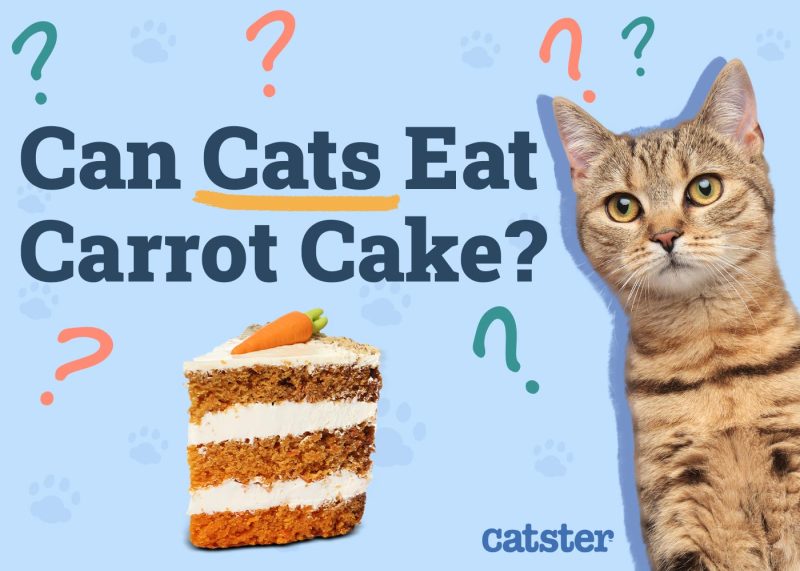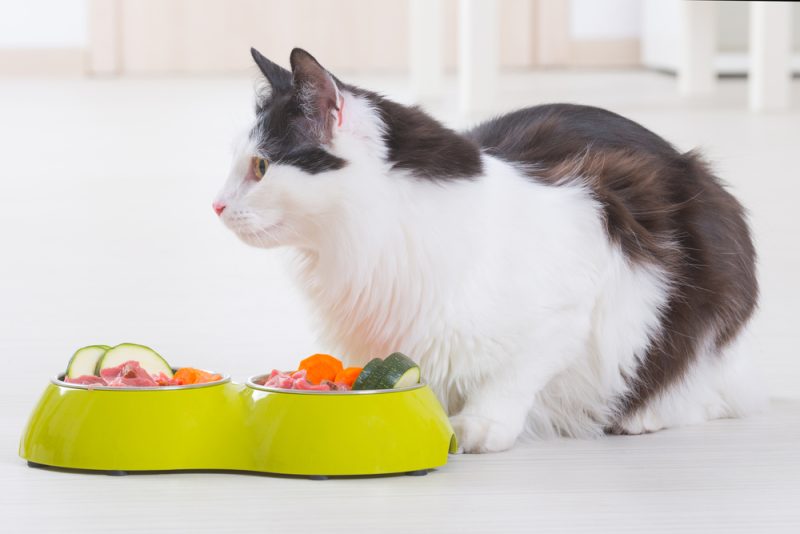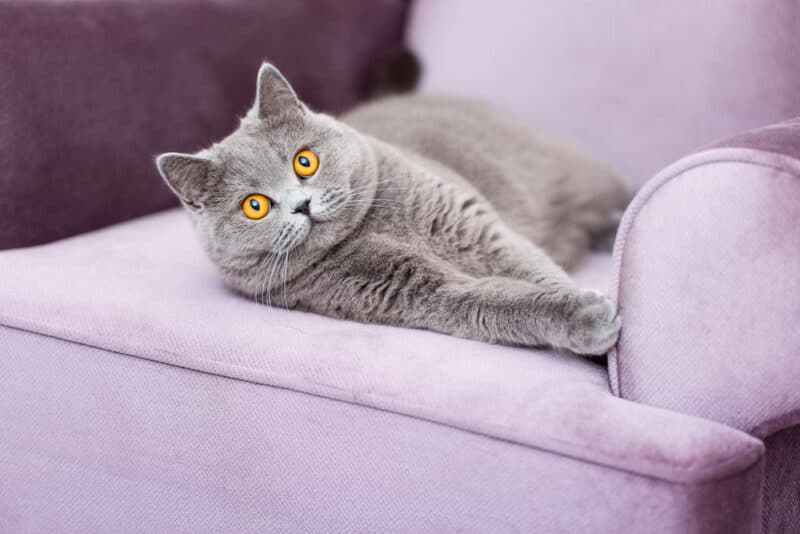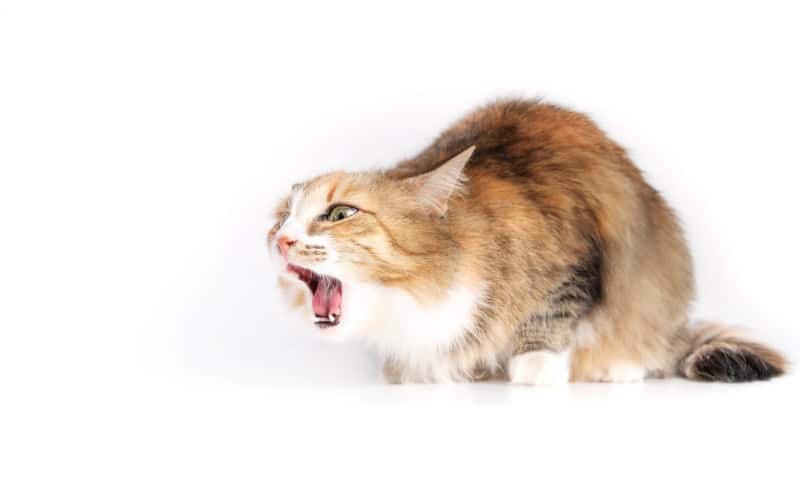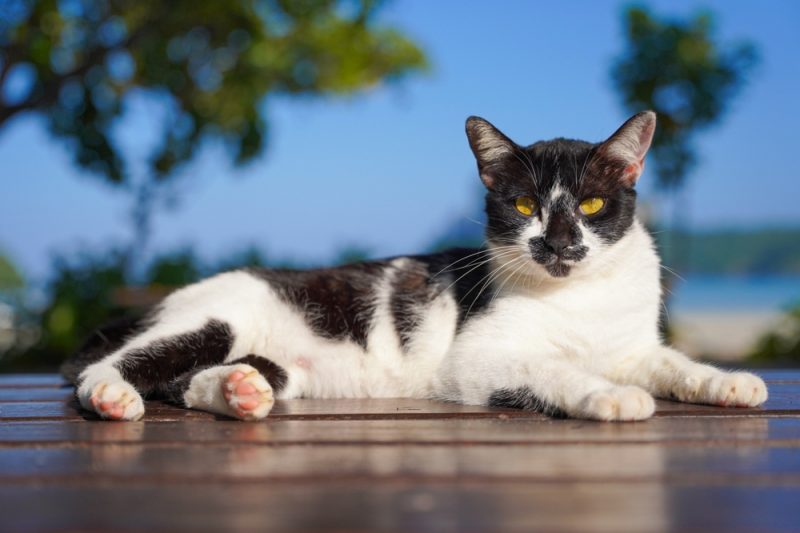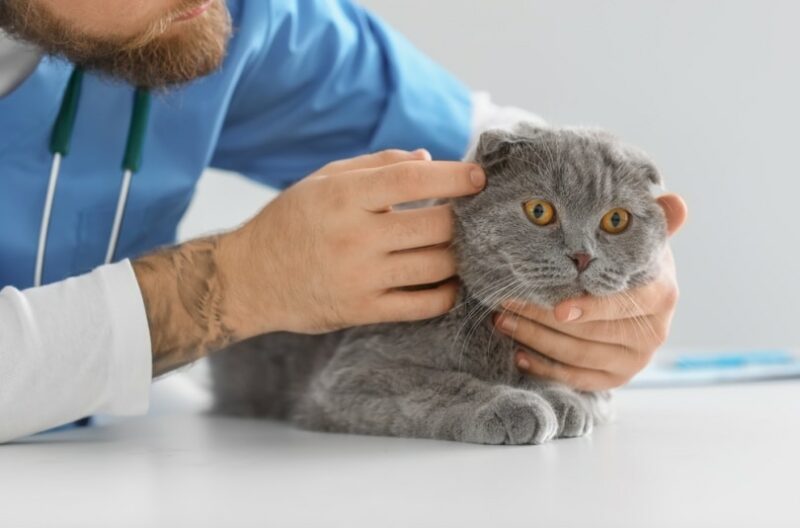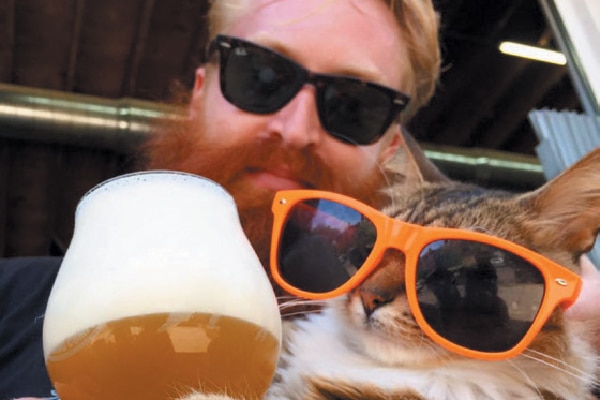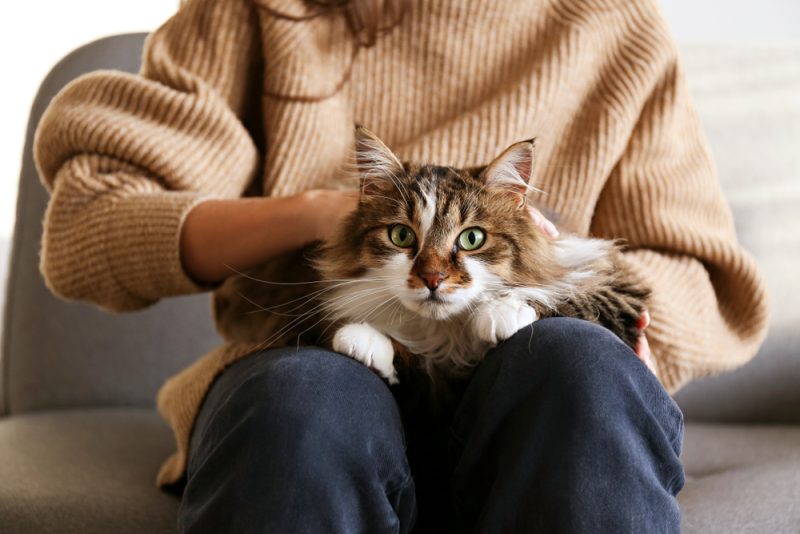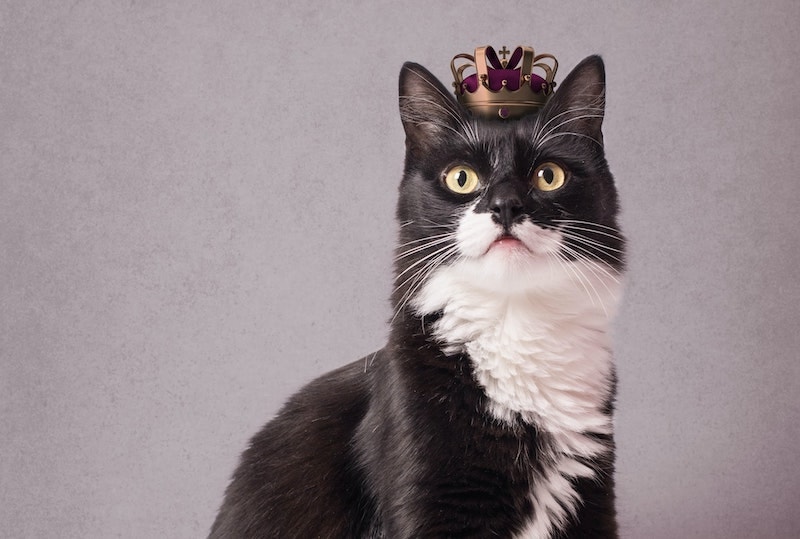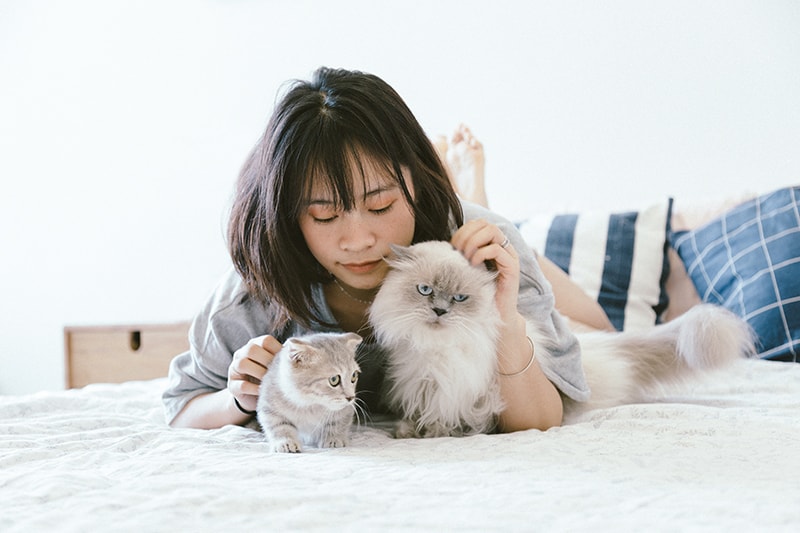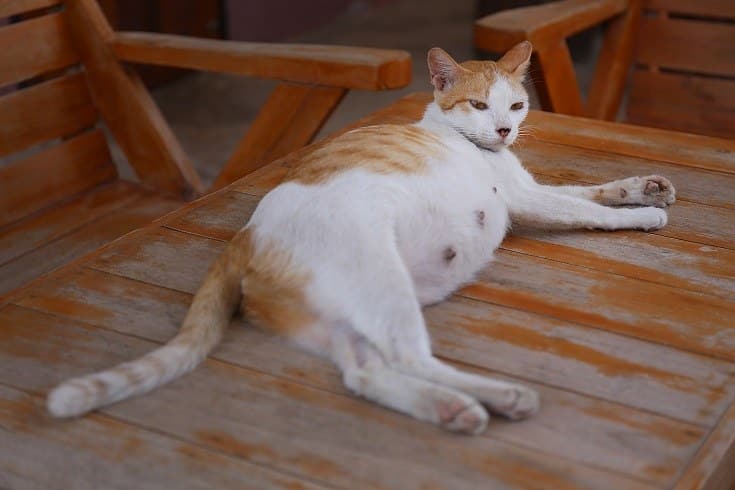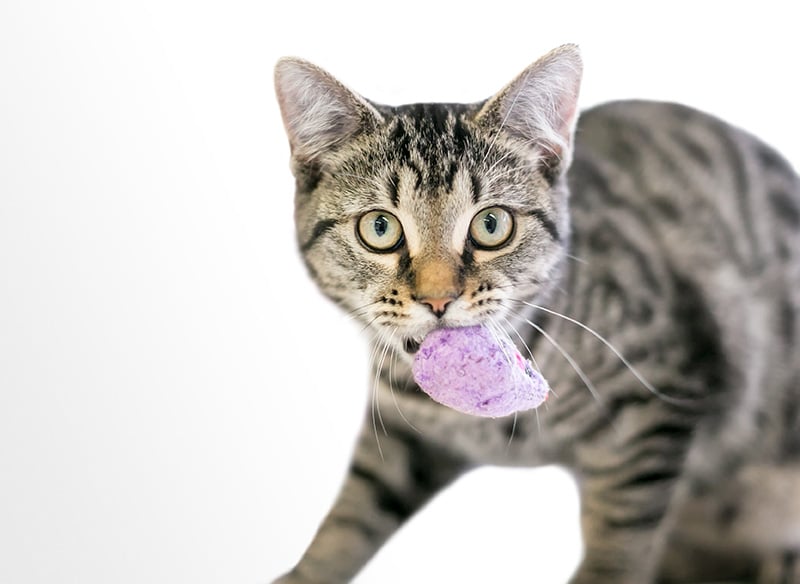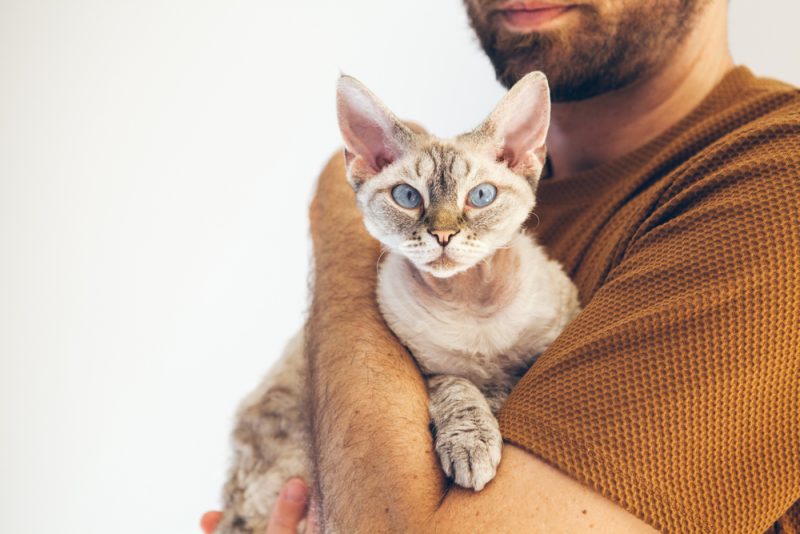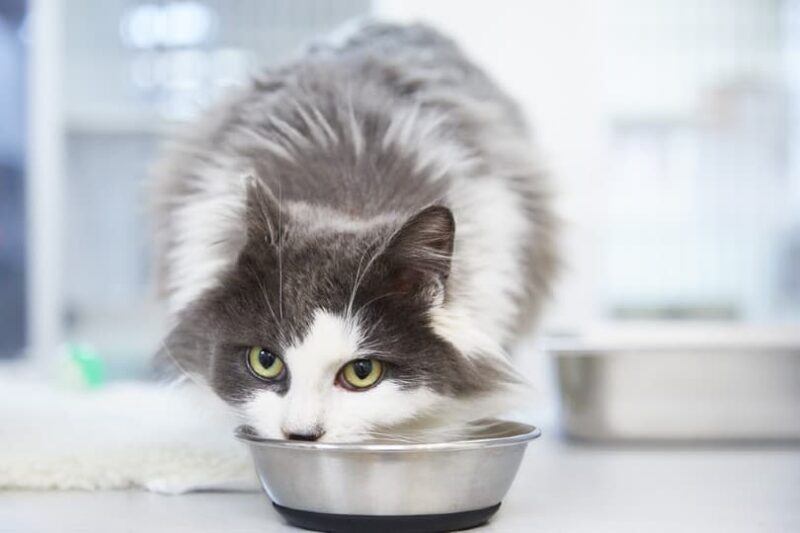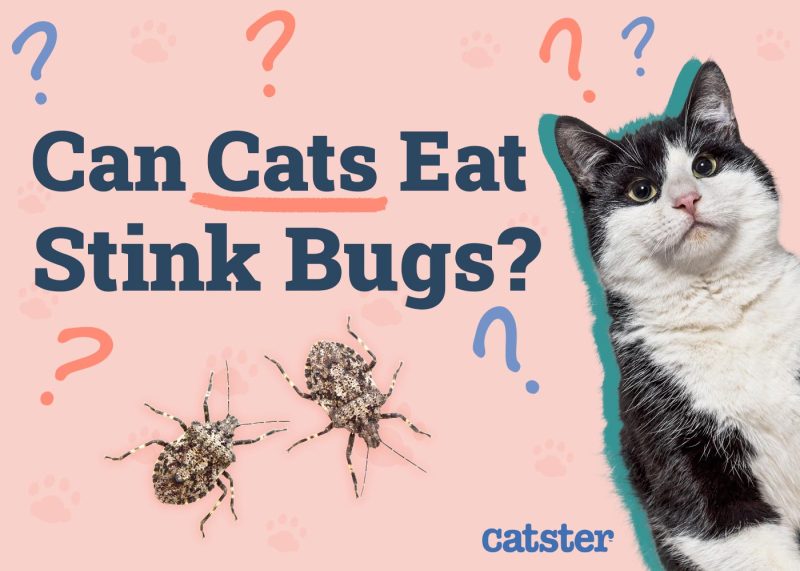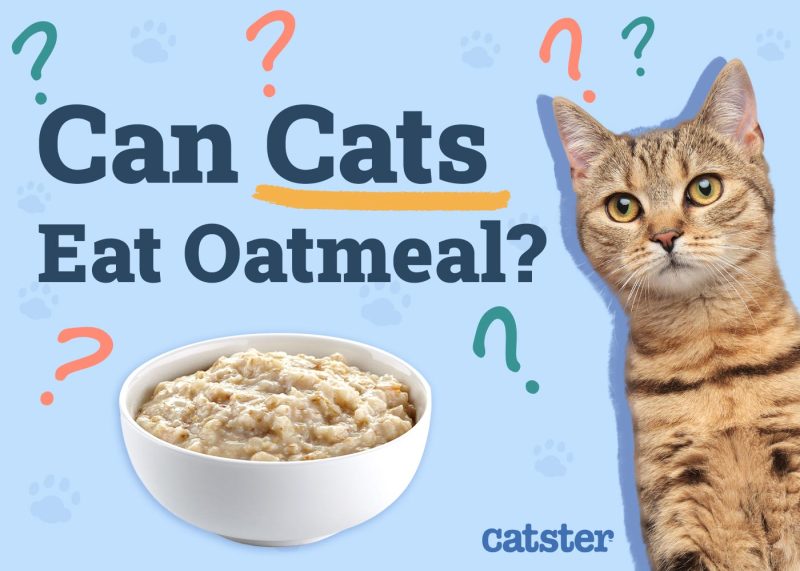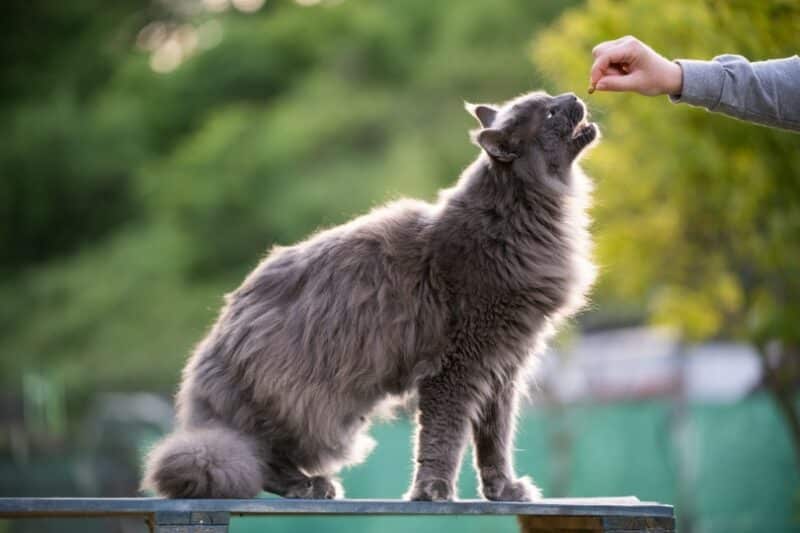In this article
View 2 More +Every cat lover wants to celebrate their furry friend. If you plan on throwing a party for your cat, you’ll want to hold off on the cake–even if it is carrot cake. While a single bite of carrot cake isn’t likely to cause many issues for your cat, it isn’t part of a healthy cat’s diet.
Even more, some common ingredients in a carrot cake are unsuitable for cats. This article will examine the carrot cake ingredients and discuss how they affect your cat.

Common Carrot Cake Ingredients
While every carrot cake recipe may be different, there are some common ingredients that most of them share. If you want to learn more about how ingredients specific to your special carrot cake recipe affect your cat, you may need to consult your vet.
- Carrots
- Flour
- Ground cinnamon
- Allspice
- Salt
- Baking powder
- Baking soda
- Light brown sugar
- Granulated sugar
- Eggs
- Vegetable oil
- Raisins
- Crushed pineapple
- Unsalted butter
- Cream cheese
- Vanilla extract
- Powdered sugar
- Crushed walnuts
Carrots
Although cats are obligate carnivores, carrots are safe for them to eat. Carrots provide a good source of fiber, potassium, and vitamin A. Since they are low in calories, carrots can be a great treat for cats on a weight-watching diet.
You can offer your cat carrots that are cooked or raw, but you should never add any seasonings to the carrots. While unseasoned carrots may sound bland, your cat doesn’t feel the same. Furthermore, seasonings can be unhealthy and potentially dangerous for your cat, so stick to plain carrots.
On the downside, carrots are high in sugar. This can lead to digestive issues for your cat, such as diarrhea. Giving your cat whole carrots or large carrot chunks will also present a significant choking hazard. Therefore, all carrots must be cut into small, manageable pieces.
Cinnamon and Allspice
While the amount of cinnamon and allspice included in a carrot cake is not likely enough to cause serious issues, it is still important to be aware of these spices’ effects on your pet.
Exposure to too much cinnamon powder (around one tablespoon for cats) can lead to low blood sugar, vomiting, and diarrhea. In more extreme instances, your cat may experience alterations to their heart rate or even liver issues. Due to the severity of the possible consequences, it is best to keep cinnamon away from your cat.
As for allspice, it contains a compound known as eugenol. Eugenol can lead to liver toxicity in cats, making it hazardous and inadvisable for your cat’s consumption.
Granulated Sugar, Light Brown Sugar, and Powdered Sugar
Sugar is a tasty treat for humans but isn’t appropriate for cats. There are no health benefits to serving sugar to your cat. Moreover, your cat can’t even taste the sweetness, so sugar isn’t even an exciting treat for your pet. Cats are biologically incapable of tasting sweet flavors, so there is no point in feeding sugary foods to them.
Eggs
While eggs are not recommended as the primary source of protein in your cat’s diet, they are a perfectly fine supplement to add to their meals. Eggs provide an excellent source of protein and healthy fats, so they are a beneficial snack for your pet.
Raisins
Raisins should never be fed to your cat under any circumstances. While uncommon, there have been instances of grape toxicity recorded in felines. Around 15% of cats that eat grapes will experience signs of toxicity, such as restlessness, a poor appetite, and vomiting. In severe instances, acute kidney disease may occur.
Raisins, which are dried grapes, are not safe for your cat to consume due to the health risks. Theoretically, they are even more toxic than grapes since they are concentrated versions of grapes.
Furthermore, the toxin in grapes has not been concretely identified, but toxicity can occur in both seedless and seeded grapes, so you cannot avoid the possibility of toxicity by choosing certain grapes or raisins. Therefore, keep grapes and raisins away from your cat, no matter the circumstances.
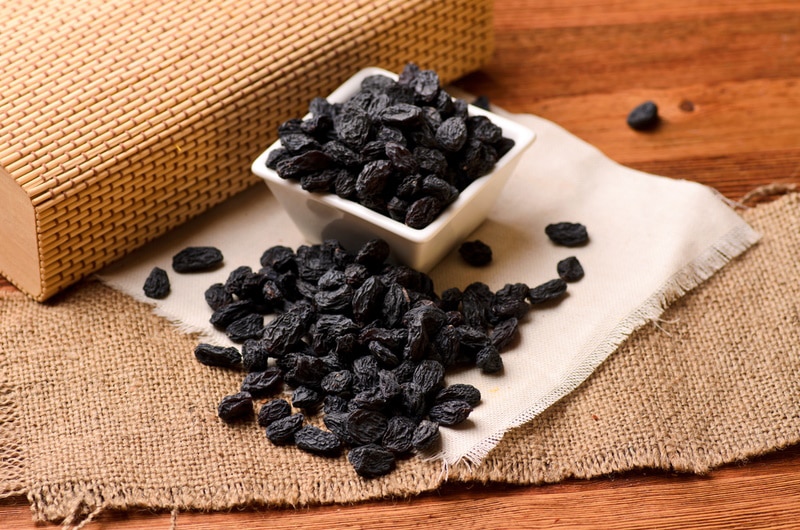
Cream Cheese and Butter
Cream cheese and butter are essential ingredients of a carrot cake’s icing and should not be given to your cat. They are not technically toxic, but they can lead to significant gastrointestinal upset because most cats are lactose intolerant.

What to Do if Your Cat Eats Carrot Cake
If your cat snuck a bite of carrot cake, you likely have no cause for concern. Most ingredients in carrot cake are not toxic, so a small bite isn’t likely to cause much harm. The worst they may experience is some gastrointestinal upset. Still, monitor them closely and watch for any signs of significant distress. If you are concerned, contact your vet as soon as possible.
Contact your vet immediately if your carrot cake recipe contains a potentially toxic ingredient (such as raisins). Even one raisin can lead to disastrous health consequences, so don’t delay contacting a professional.
If you need to speak with a vet but can't get to one, head over to PangoVet. It's an online service where you can talk to a vet online and get the advice you need for your pet — all at an affordable price!

Are There Safer Alternatives to Carrot Cake?
Although some fruits, vegetables, and human treats are safer for cats than carrot cake, high-quality cat food, and commercial treats are more suitable for your cat. Meals and snacks we enjoy are not formulated with a feline’s nutrition. If you want to treat your cat to a homemade meal, contact your veterinarian first. They can suggest appropriate meals designed by veterinary nutritionists that are healthy for your cat. Coming up with a recipe on your own is complicated and not recommended.
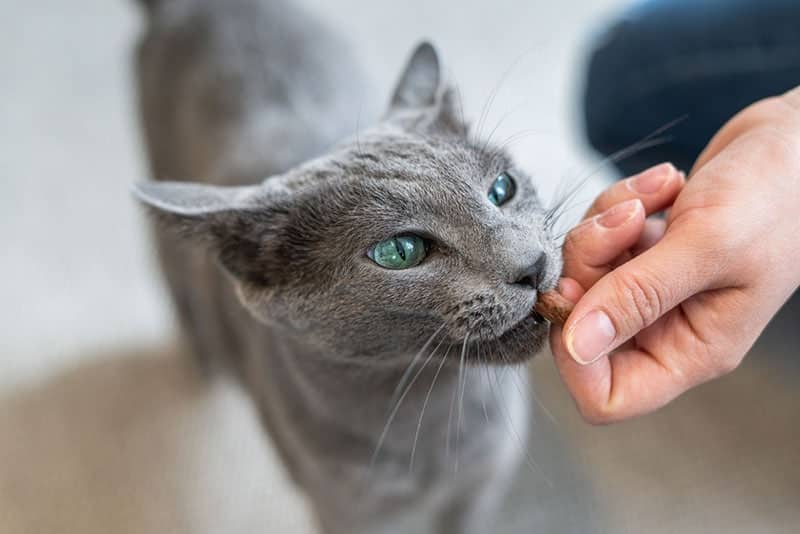

Conclusion
Carrot cake may not be the best way to celebrate your kitty friend, but plenty of other options are available. While a single bite of carrot cake isn’t likely to cause issues, keeping the dessert away from prying paws is best. Some ingredients in common carrot cake recipes are considered toxic, so if you believe your cat has ingested something dangerous, don’t hesitate to contact your vet.
Featured Image Credit: Fatin, Shutterstock
